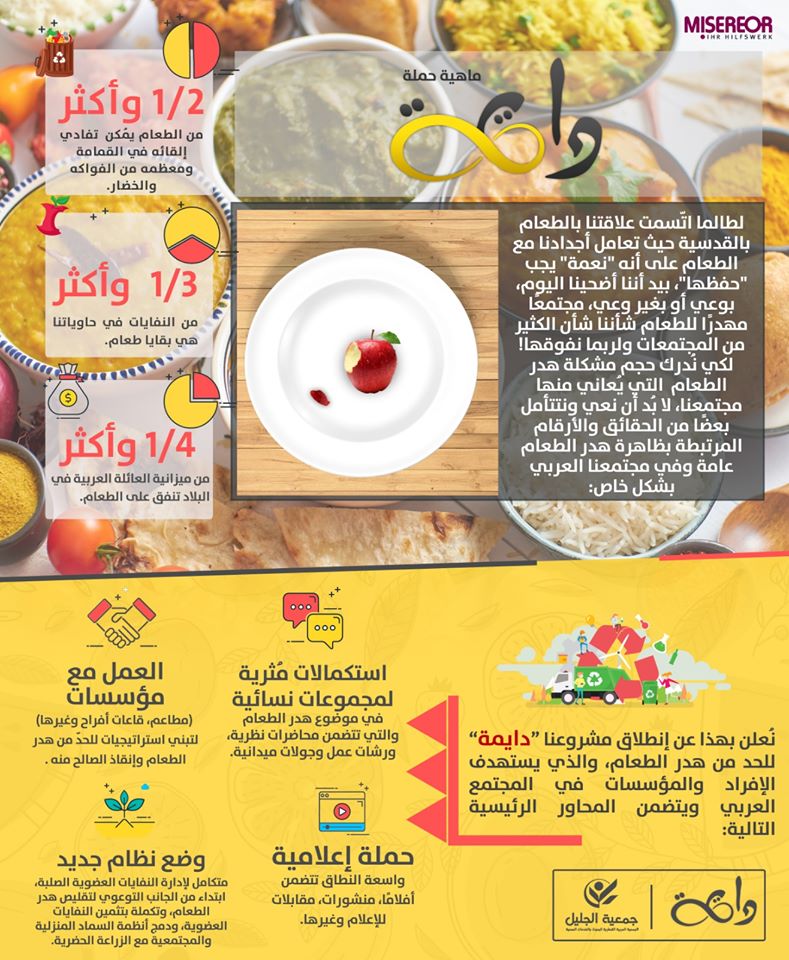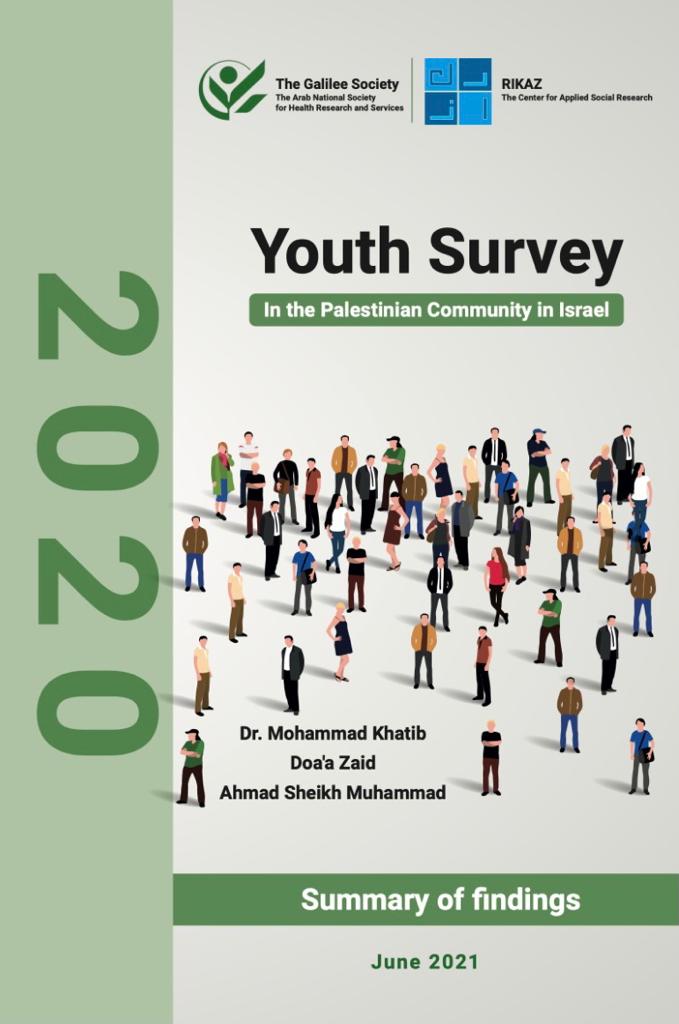Our Arab society unfortunately suffers from a serious food waste problem. In order to understand the big picture, we must be aware of the facts and figures related to the phenomenon of food waste in general and in our Arab society in particular:
- 1. The average Arab family in the country spends about 2% of its income on food, which is estimated at 2,230 shekels.
- 2. On the other hand, about a quarter of these families assess their economic conditions as difficult or very difficult, and about 39.4% of them are unable to cover their monthly needs.
- 3. However, more than a third of the waste in our containers is food waste.
- 4. Many studies around the world confirm that a large percentage of food waste can be saved, and scientists often estimate this percentage to be between 34% and 58%.
- 5. In a recent study conducted at Haifa University, it was found that 54% of food can be avoided in the garbage, most of which are fruits and vegetables.
- 6. 9% of Arab individuals eat white bread daily, 66.5% consume energy drinks on a daily basis, and 20% eat sweets on a daily basis.
- 7. 17% of Arab individuals (ages 18 and above) are overweight or obese, and 42% are overweight due to unhealthy and unsustainable eating patterns.
- 8. According to the reports of the National Insurance Institute in Israel, the Arab community in the country is the most vulnerable to food insecurity.
Therefore, and based on our belief that education and awareness can contribute to reducing food waste in our society, we announce in the Galilee Society the launch of our project “Daymi” to reduce food waste, which targets individuals and institutions in the Arab community and includes on its agenda:
- Enriching sessions for women’s groups on the topic of food waste that include theoretical lectures, workshops and field trips.
- 2. A large-scale media campaign that includes films, publications, media interviews, and more.
- 3. Work with establishments (restaurants, wedding halls, etc.) to adopt pilot strategies to reduce food waste.
- 4. Establishing a new integrated solid organic waste management system, starting with the awareness aspect to reduce food waste, and integrating household and community compost systems with urban agriculture.
It is our utmost pleasure to invite you to follow the news of the project through our Facebook page (The Galilee Society) and to participate in our future activities.


